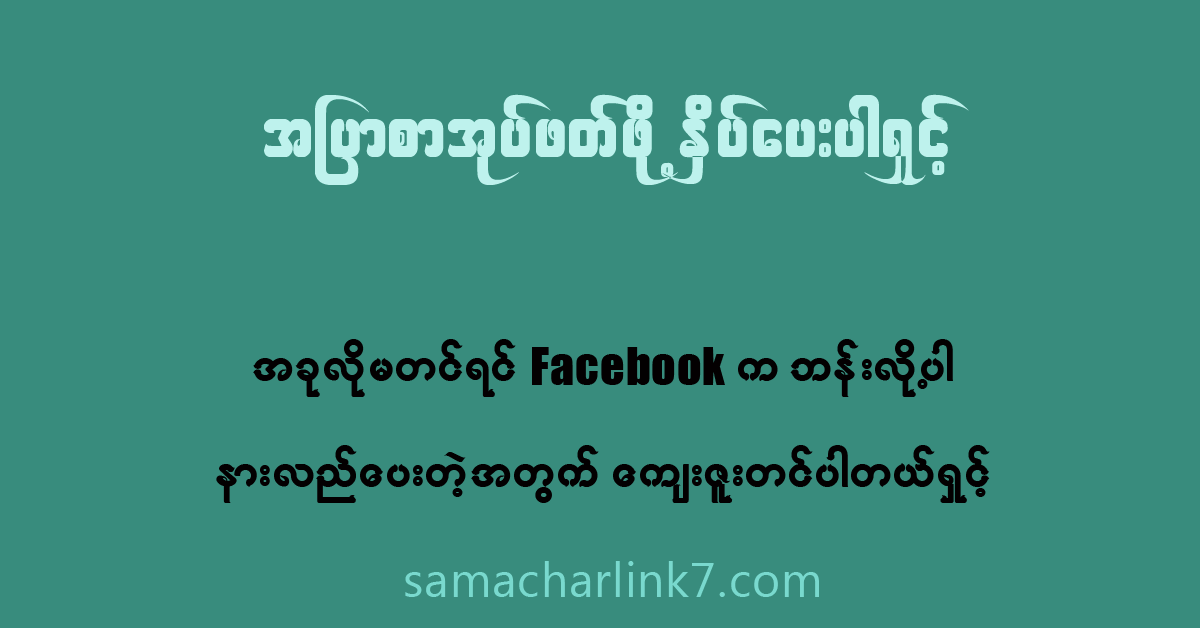
When you’re in the process of buying a home, you’ll likely come across the term “mortgage insurance.” Whether you’re a first-time homebuyer or have experience with real estate, understanding mortgage insurance is key to making informed decisions. In this article, we will break down what mortgage insurance is, how it works, and whether or not you need it.
What is Mortgage Insurance?
Mortgage insurance is a type of insurance that protects lenders in case the borrower defaults on their loan payments. It’s not a policy that benefits the homeowner directly. Instead, it acts as a safeguard for the lender, allowing them to recover some of their losses if you’re unable to repay your mortgage.
In the United States, mortgage insurance typically comes in two forms: Private Mortgage Insurance (PMI) and Government-backed Mortgage Insurance (such as FHA, VA, or USDA loans).
Private Mortgage Insurance (PMI): This type of insurance is usually required when you put down less than 20% of the home’s purchase price. It protects the lender in case you default, and the insurance is typically included in your monthly mortgage payments.
Government-backed Mortgage Insurance: This applies to specific types of loans, like FHA (Federal Housing Administration) loans, VA (Veterans Affairs) loans, and USDA (United States Department of Agriculture) loans. These types of insurance come with different rules and benefits, often tailored to specific groups, such as veterans or rural homebuyers.
Why Do Lenders Require Mortgage Insurance?
Lenders are willing to offer you a loan with less money down because they’re protected by mortgage insurance. Typically, when you make a down payment of less than 20%, you’re seen as a higher risk to the lender. If you default on the loan, the lender might struggle to recoup their losses. Mortgage insurance helps cover that risk.
It’s important to remember that mortgage insurance is a requirement for the lender, not the homeowner. However, it does provide a way for homebuyers with limited savings to still purchase a home.
How Does Mortgage Insurance Work?
Mortgage insurance can either be paid upfront or included in your monthly mortgage payments. Here’s how each one works:
Monthly PMI: If you have a conventional loan and are required to carry PMI, it’s often included in your monthly mortgage payment. The amount depends on factors like your loan size, down payment, and credit score. This is the most common type of mortgage insurance for those who put down less than 20%.
Upfront PMI: Some mortgage insurance policies require a lump-sum payment at the beginning of the loan. This is typically part of government-backed loans, like FHA loans. It can be rolled into the loan itself, meaning you’re paying it off over time.
FHA Insurance Premiums: If you have an FHA loan, you will pay two types of mortgage insurance: an upfront premium (which can be rolled into the loan) and a monthly premium. These premiums help secure the loan for the lender.
Do You Need Mortgage Insurance?
Whether you need mortgage insurance depends on the type of loan you’re taking out and the size of your down payment. Here are a few key scenarios where mortgage insurance might be necessary:
Small Down Payment (Less than 20%): If you can’t afford a 20% down payment on your home, mortgage insurance will likely be required. This is especially true for conventional loans. However, certain government-backed loans, like FHA or USDA loans, may have lower down payment requirements and come with mortgage insurance as part of the loan.
Government-Backed Loans: If you’re applying for an FHA, VA, or USDA loan, you might still have to pay mortgage insurance, though the requirements and cost will differ. For example, VA loans generally don’t require mortgage insurance, but there may be a funding fee.
High Loan-to-Value (LTV) Ratio: Lenders will often require mortgage insurance if your loan-to-value ratio is high. This is another way to protect themselves in case you default.
When Can You Stop Paying Mortgage Insurance?
In some cases, you may be able to cancel your mortgage insurance after a certain period or once you’ve reached a certain level of equity in your home.
For PMI, most lenders will allow you to cancel it once your loan-to-value ratio reaches 80%. This means you’ve paid off enough of the loan that your equity in the home is 20%. You can request to cancel PMI once you hit this threshold.
For FHA loans, the rules are a little more complicated. In many cases, you’ll be required to pay mortgage insurance for the life of the loan, especially if your down payment was less than 10%. If you made a higher down payment, you might be able to cancel it after 11 years.
Should You Get Mortgage Insurance?
Mortgage insurance is a helpful tool for people who don’t have a large down payment, but it also adds an extra cost to your monthly mortgage payment. Here’s how to decide if it’s right for you:
Pros of Mortgage Insurance:
It allows you to buy a home with a smaller down payment (less than 20%).
It opens up homeownership opportunities for buyers who may not have the savings for a large down payment.
It protects the lender, which could result in more flexible lending options for you.
Cons of Mortgage Insurance:
It increases your monthly payments, which could affect your budget.
You’ll pay mortgage insurance until you reach 20% equity in your home, which could take several years.
Mortgage insurance is non-refundable, so it’s not an investment in your home, but rather a safety net for the lender.
If you can afford a larger down payment (at least 20%), you can avoid mortgage insurance altogether and reduce your monthly payments. However, if your savings are limited, mortgage insurance might be a necessary cost to help you get into your new home sooner.

